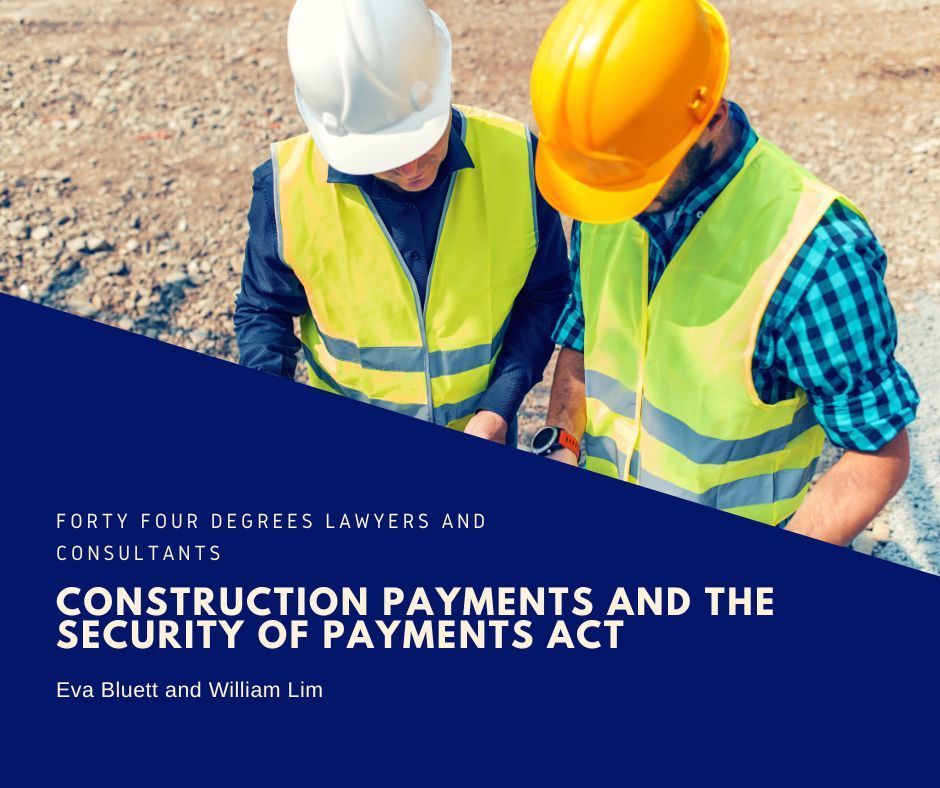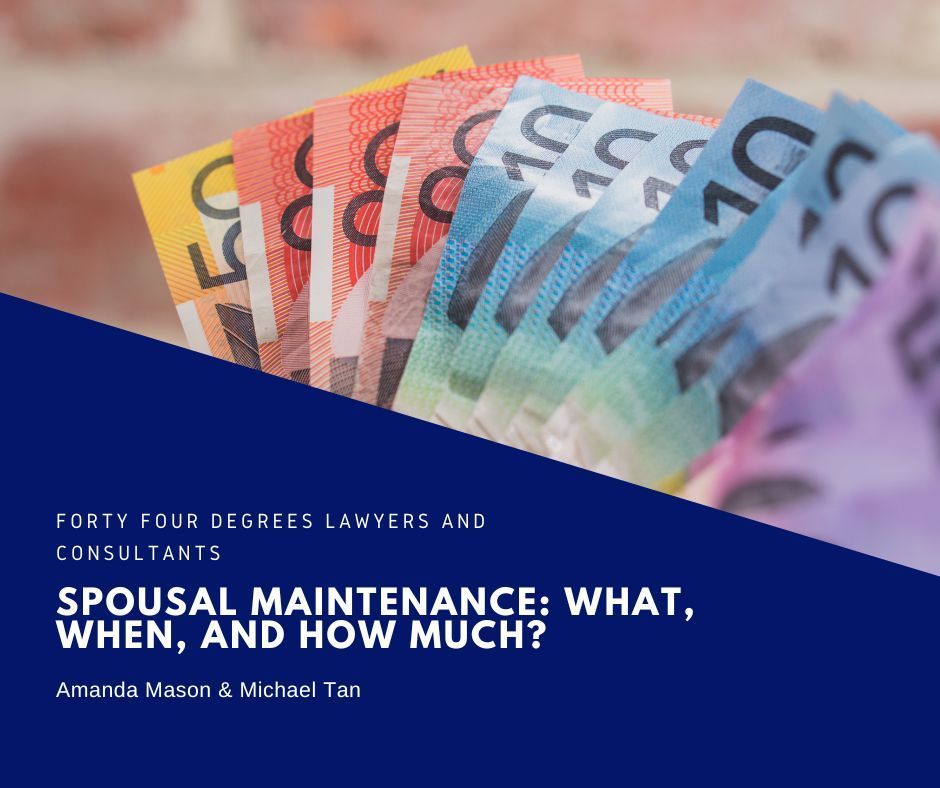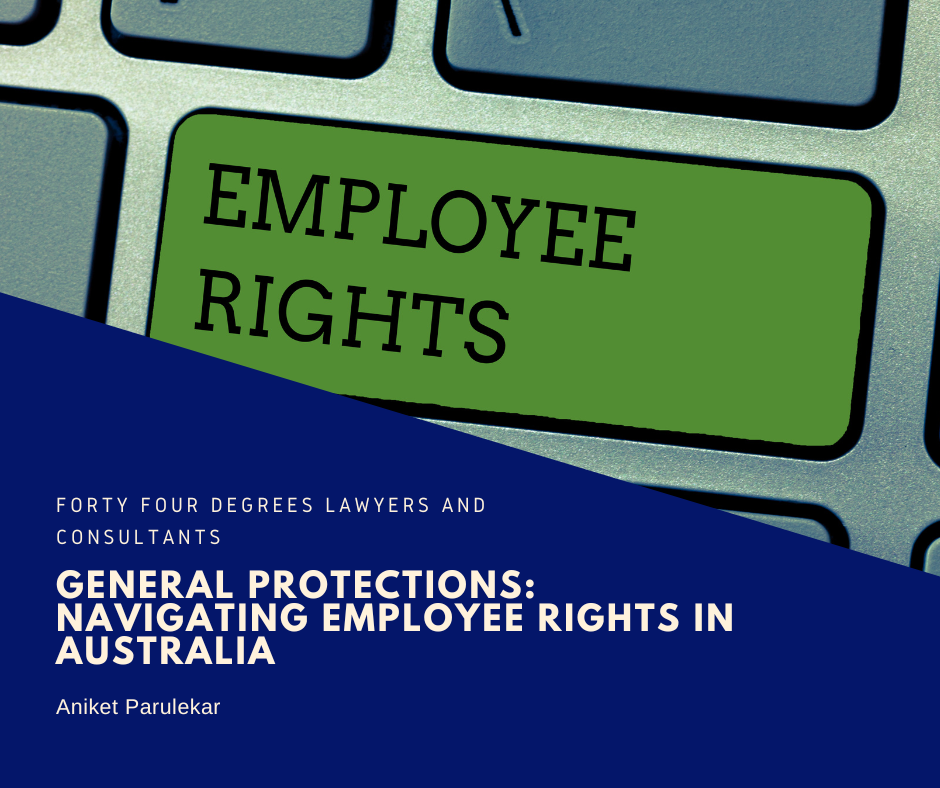Conveyancing tax update: GST withholding
Purchasers need to be the new GST police for the tax authority
Practitioners are no doubt aware of the GST
withholding rules applicable to transactions after 1 July 2018. The rules
effectively mean that purchasers need to be the new GST police to ensure that
sellers are doing the right thing.
What’s different now?
GST has traditionally been an imposition on the seller. Other than in limited situations (such as margin schemes), purchasers have generally not paid too much attention to how the seller treats the transaction for GST purposes.
The new GST withholding rules mean purchasers now need to pay utmost attention to this matter. Why?
Firstly, the new rules require purchasers to withhold an amount for GST in respect of certain transactions – such as the sale of new residential premises. The purchaser is subject to a penalty if it fails to withhold.
Secondly, the new rules require sellers to give the purchaser a written notice stating whether the purchaser is required to withhold and the amount of the withholding.
However, if the notice says no withholding is required, simply relying on this notice may not be enough for the purchaser.
Why can’t I simply rely on the seller’s GST notice?
If the notice is wrong and the purchaser is in fact required to withhold, it is only a defence to penalties for the purchaser if there was also nothing in the contract or in any other circumstances relating to the transaction that made it unreasonable for the purchaser to believe that the notice was correct.
The explanatory memorandum to the new rules states that there is no obligation on the purchaser to make additional inquiries.
Rather, purchasers need to ask themselves – what do I already know about the circumstances of the seller?
Alarm bells should ring if, for example, the seller’s notice states that the premises are not new residential premises. However, the purchaser is buying off the plan and knows it is a new home. Alternatively, the seller states that it is not carrying on an enterprise. However, the circumstances of the development indicate to the purchaser that the tax authority may take a different view.
Don’t leave it too late
These tricky questions often come to the fore as transactions get very close to settlement. If they are not addressed well ahead of time, the refusal of the purchaser to settle without a GST withholding being made may lead the seller to issue a notice of default. To prevent the seller from terminating the contract and retaining the deposit, purchaser may then need to consider whether urgent interlocutory relief in the courts is required.
To prevent things from getting nasty very quickly at the end, purchasers should be comfortable with the GST position well ahead of settlement. If in doubt, specialist tax advice should be sought.
This article was written by Matthew Meng, Barrister.
If you require more information on how GST withholding works, what is the amount of GST withholding, or whether your property purchase is subject to these regulations, please get in touch.
Contact Us
We’re an Australian Law Firm promoting a nuanced, personal touch. We have the skills you need to resolve your case quickly and with a positive outcome. Our straight talking team stays close to simplify what is most often a complicated process. We help individuals and businesses with technology and startup law, property law including conveyancing and leasing, commercial law, civil litigation, wills, estates, bankruptcy, insolvency, criminal law, and professionals facing investigations and charges from their regulatory body.
We have a connected network of talented lawyers in Melbourne CBD, Dandenong, Ballarat, and Ivanhoe East.
Fill out the form or call us on 1300 892 237.
We will get back to you as soon as possible
Oops, there was an error sending your message.
Please try again later or call us on 1300 892 237.











